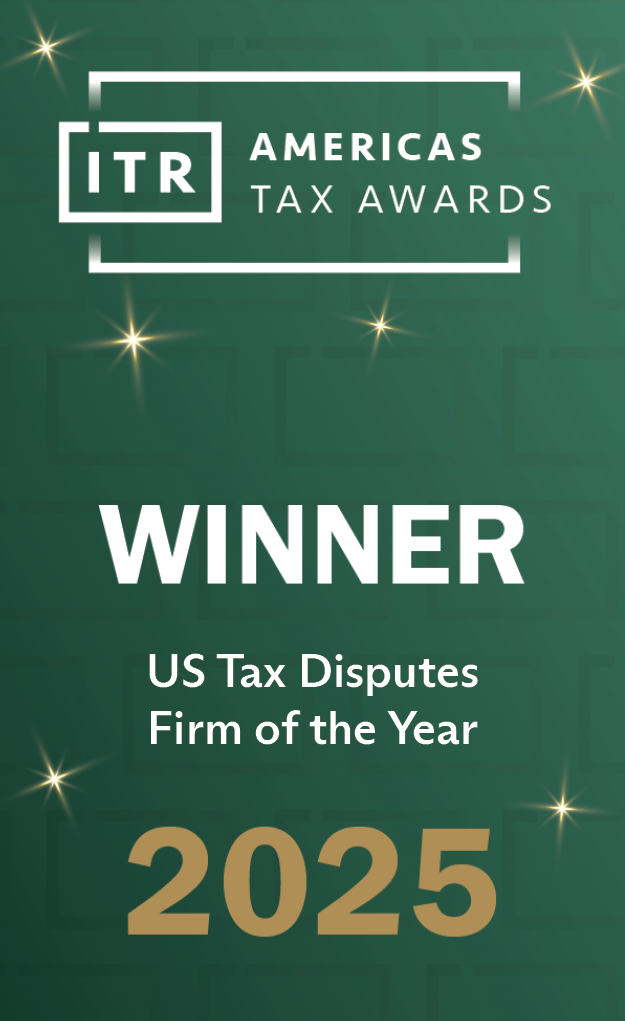Presented below is our summary of significant Internal Revenue Service (IRS) guidance and relevant tax matters for the week of December 19, 2022 – December 23, 2022.
December 19, 2022: The IRS released Internal Revenue Bulletin 2022-51, which highlights the following:
- Revenue Ruling 2022-23: This revenue ruling announces the interest rates for the first quarter of 2023. The new interest rates are as follows:
- Overpayments: 7%
- Overpayments for corporations: 6%
- Corporate overpayments for portion exceeding $10,000: 4.5%
- Underpayments: 7%
- Large corporate underpayments: 9%
- Announcement 2022-26: This announcement notifies taxpayers that payments made to property owners under Suffolk County’s Septic Improvement Program are not required to be included in gross income for federal income tax purposes.
- Revenue Ruling 2022-24: This revenue ruling provides tables for covered compensation related to qualified pension, profit-sharing and stock bonus plans under Section 401(l)(5)(E) and related income tax regulations for the 2023 plan year. The taxable wage base is $160,200 for the 2023 tax year (up from $147,000 in 2022) for purposes of determining covered compensation.
- Announcement 2022-24: This announcement lists the organizations that no longer qualify for 501(c)(3) and 170(c)(2) status.
- Announcement 2022-25: This announcement notifies potential donors of a stipulated decision by the US Tax Court in declaratory judgment proceedings under Section 7428.
- Announcement 2022-27: This announcement reminds state and local housing credit agencies of the deadline related to certain allocation of housing credit dollar amounts under Section 42.
December 19, 2022: The IRS and the US Department of the Treasury (Treasury) issued guidance related to the Sustainable Aviation Fuel (SAF) credit. Notice 2023-06 explains the requirements for the fuel to be eligible for the SAF credit, how to claim the credit and who must be registered. The SAF credit was introduced in the Inflation Reduction Act of 2022 (IRA) and applies to a qualified fuel mixture containing sustainable aviation fuel for certain uses or sales in the 2023 and 2024 calendar years.
December 19, 2022: The Treasury announced a timeline for providing additional information on key tax provisions for the IRA. Before the end of the year, the Treasury will provide: (1) FAQs on the tax credit for energy-efficient home improvement projects and residential energy property; (2) initial guidance on the corporate alternative minimum tax; and (3) initial guidance on the excise tax on stock buybacks. Beginning January 1, 2023, consumers and businesses will be able to access tax benefits from many of the IRA’s climate provisions.
December 20, 2022: The IRS issued Notice 2023-4, which provides the percentage increase for calculating the qualifying payment amounts for items and services furnished during 2023 with respect to Sections 9816 and 9817 of the Internal Revenue Code, Sections 716 and 717 of the Employee Retirement Income Security [...]
Continue Reading
read more


 Subscribe
Subscribe




